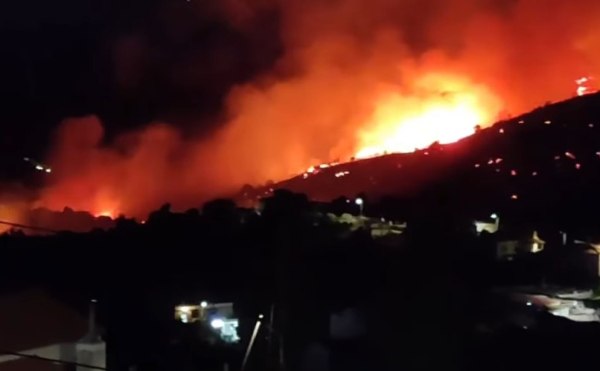Just like individuals, nations too can suffer from traumatic episodes. Left unchecked, an overwhelming sense of grief and loss can even have debilitating effects, leading to a decline in the quality of life. But with the right mindset, the affected persons, and nations, can move on.
Whether we like it or not, the fate of Turkish and Greek people is inextricably linked. History provided one such moment of kismet exactly 100 years ago. On 9 September 1922, the Turkish nation finally succeeded in ending a decade—long cycle of war and occupation in their lands.
And what is a “right mindset?” Should one just forget painful experiences and pretend they never happened?
Not really – the right mindset involves asking the right questions. In this case, one such question should be “why in the world did we send an invading army all the way to the Turkish heartland?”
Wars are traumatic events, no matter if you win or lose. If your nation is on the losing side, the effects are evident – denial, anger, an irresistible urge for revenge and revision, and so on. In such unfortunate circumstances, eventual acceptance and re-orientation to reality may truly be the keys to achieve collective inner peace.
Still – there is another side to the coin that is often overlooked. Even if you win, you still have plenty of reasons to mourn. You have just lost your sons and daughters, and your sense of security, along with your homes and villages.
Tellingly, judging from the Greek tweets, speeches, exhibitions and other commemorative events surrounding that turbulent period, a neutral bystander would be excused to think that it was Turkey’s fault to be invaded. That it was the victorious Turkish armed forces themselves that razed hundreds of towns and villages in Western Anatolia, and set their own towns on fire while the Greek army was retreating.
Does that make sense? No. The postwar Lausanne Treaty did not think so either. That is precisely why the Treaty obliged Greece to make reparation for the damage caused in Anatolia by the acts of its army or administration, which were contrary to the laws of war.
You see, if you don’t ask the right questions, chances are you’ll never come up with the right answers. Worse, you’ll keep blaming others for your own mistakes.
We always thought that the handshake between Atatürk and Venizelos was a perfect example for the right mindset. We took that handshake to reflect a sort of wise, grand and historical understanding between nations that after all the years of conflict and all the pain that we caused each other, the two nations made a difficult but necessary decision to leave the heavy burden of the past behind and to walk towards the future.
I really hope we weren’t wrong. After all, we do not need wars, earthquakes or other calamities to remind us that we are neighbors.
One hundred years ago the guns of war fell silent on Turkish soil. May their menacing thunder never be heard again.


























